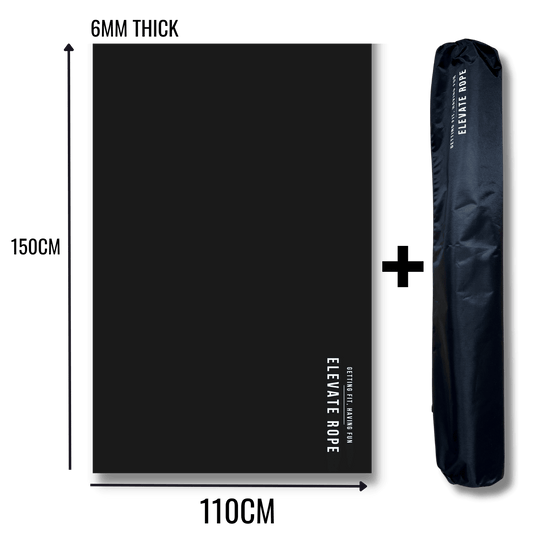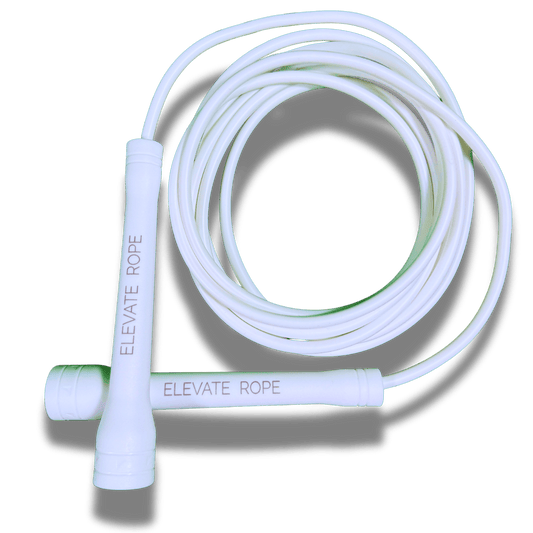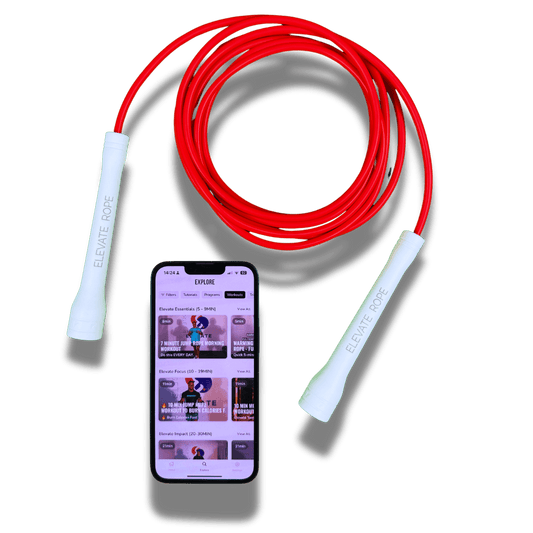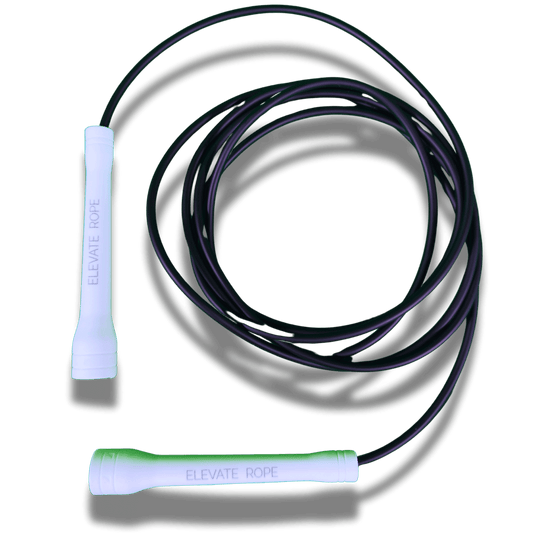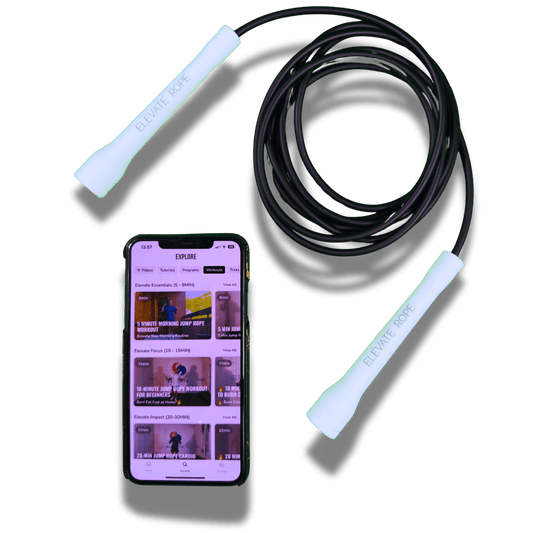Mental health recovery encompasses physical health, mental resilience, and a supportive environment. A healthier lifestyle can heavily impact mental state and well-being. Exploring various facets of a health-oriented lifestyle nurtures physical wellness and promotes the mental strength necessary for recovery.
Embracing healthy habits creates a positive cycle that improves life quality and contributes to sustainable mental recovery. By focusing on holistic wellness, individuals can develop the tools needed to face mental health issues and build lasting resilience.

Image source: Pixabay
The Importance of Physical Activity
Engaging in regular physical activity is the most effective way to support mental health recovery. Exercise releases endorphins, which are natural mood lifters that can diminish feelings of anxiety and depression. The benefits of exercise extend to improving sleep quality. Quality sleep allows the brain to process experiences and emotions, contributing to stability and focus during the day.
Whether through jogging, yoga, or team sports, finding an enjoyable physical activity can create social connections. Understanding that movement encourages individuals to prioritize their physical health as part of a holistic approach to recovery.
Seeking Support
Returning to a healthy mindset requires a support system composed of friends, family, and professionals. A supportive network provides encouragement and helps individuals combat feelings of isolation that may accompany recovery. Group activities can create meaningful connections that are necessary for recovery.
Mental health professionals can offer guidance tailored to individual needs and build personal growth and resilience. If you are seeking an addiction treatment facility, check their website and find the most suitable one. Many facilities have dedicated professionals who assist with personalized recovery plans. The right support can provide a wealth of information about treatment offerings and community support.
Nutrition
The food we consume influences both our physical and mental health. A balanced diet, rich in nutrients, supports the brain's functioning. Foods high in omega-3 fatty acids, such as fish and flaxseeds, have been linked to lower rates of depression and anxiety. Antioxidants found in fruits and vegetables can protect the brain from oxidative stress.
Dehydration can result in fatigue and irritability, negatively affecting mood. Emphasizing whole foods and minimizing processed foods can improve wellness. Setting dietary goals can provide structure and a sense of accomplishment.
Exercise
Regular physical activity releases endorphins, which are chemicals in the brain that act as natural painkillers and mood elevators. Engaging in physical activity, whether through structured workouts or outdoor activities, can lead to increased energy levels and improved self-esteem. Exercise provides a sense of accomplishment that can improve resilience against everyday stressors.
Individuals recovering from mental health challenges find that integrating exercise into their routine offers a much-needed outlet for pent-up emotions and anxiety. It promotes community building and participates in group activities or sports. An active lifestyle supports mental recovery and promotes a deeper sense of connection to oneself and one’s environment.
Mental Strategies for Resilience
Mental strategies fortify resilience and promote a healthy mindset. Mindfulness and meditation can lower stress and improve attention and emotional regulation. Mindfulness encourages individuals to focus on the present moment, allowing them to process feelings without judgment. Meditation can contribute to a more profound sense of inner peace and self-awareness.
Journaling promotes self-reflection by helping individuals articulate emotions and experiences. Tracking progress can elevate mood and strengthen motivation to pursue a health-focused lifestyle. Incorporating positive affirmations and visualization techniques can boost confidence, empowering individuals to overcome obstacles associated with mental health recovery. Cultivating these mental strategies can create a stronger foundation for long-term resilience and well-being.
Setting Achievable Goals for Progress
Starting with small, attainable objectives allows individuals to experience success. These small victories can gradually build momentum, fueling motivation for larger aspirations. Remain flexible during this process, adjusting goals as one learns more about their needs and capabilities.
No matter how minor, celebrating each achievement creates a positive mindset and reinforces personal agency. Establishing a routine can establish stability and make it easier to integrate new practices into daily life. Goal-setting is about nurturing growth throughout the journey of recovery.
Embracing Lifelong Learning and Adaptation
A commitment to lifelong learning can maintain mental recovery. Engaging in educational opportunities can broaden perspectives and encourage personal development that improves resilience. Pursuing new hobbies or skills provides a distraction and stimulates cognitive function.
Life is dynamic, and the ability to adapt to new challenges sustains mental health. Staying informed about mental wellness strategies or scientific advancements offers valuable insight that can influence lifestyle choices positively. to feedback and change, as these elements can strengthen one's resolve during recovery.

Image source: Pexels
Building mental recovery through a health-focused life requires a multi-faceted approach. From engaging in regular physical activity and eating nourishing foods to developing mental strategies and seeking support, the journey involves dedication to holistic wellness. Setting achievable goals and embracing lifelong learning fosters resilience, enabling individuals to adapt and thrive in the face of challenges. This inclusive framework not only empowers recovery but also enhances the overall quality of life.
Enjoy this Article? You May Also Like:
- Choosing the Right Recumbent Cross Trainer for Home Use
- Preventing Common Jump Rope Injuries: Tips for Safe and Effective Workouts
- Mind & Muscle: How Physical Fitness Can Improve Focus for Licensing Exams
- Fat Freezing: How It Works and What Results You Can Expect
- How Fitness Apps Are Targeted by Cyber Threats—and How to Stay Safe
